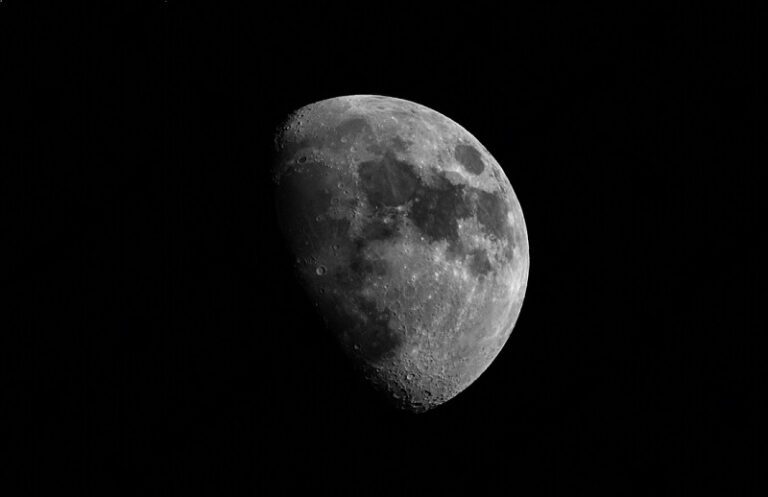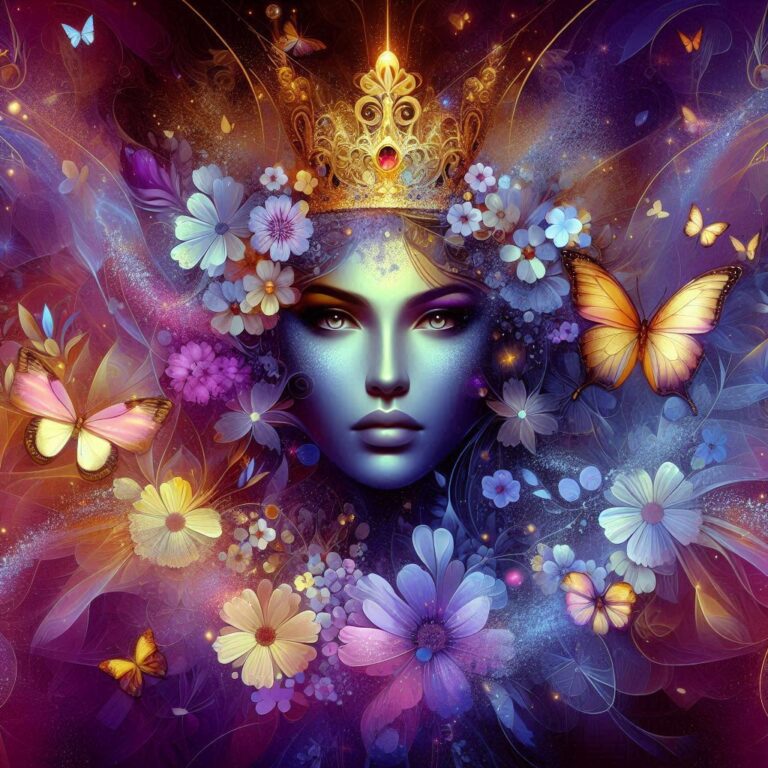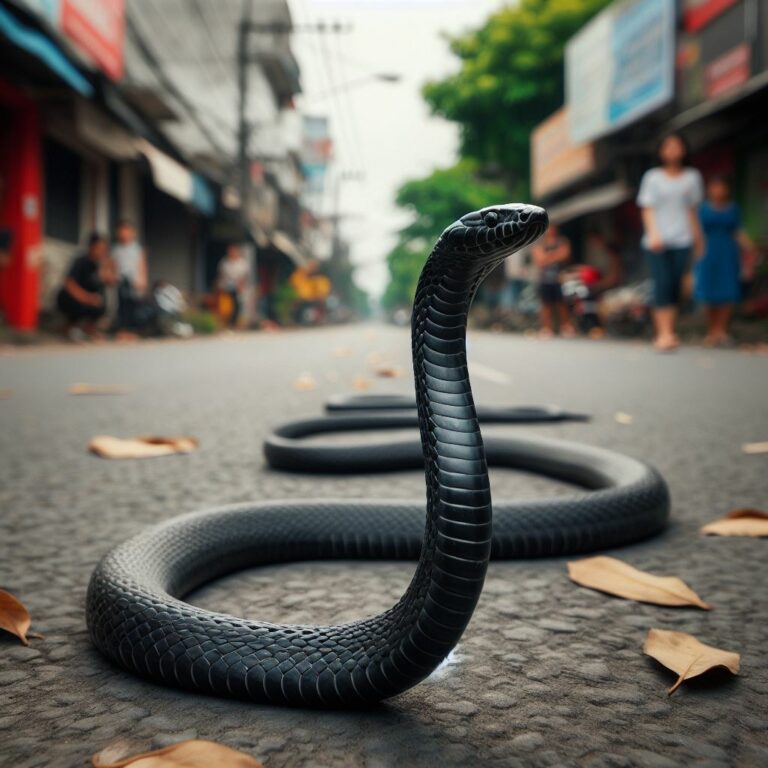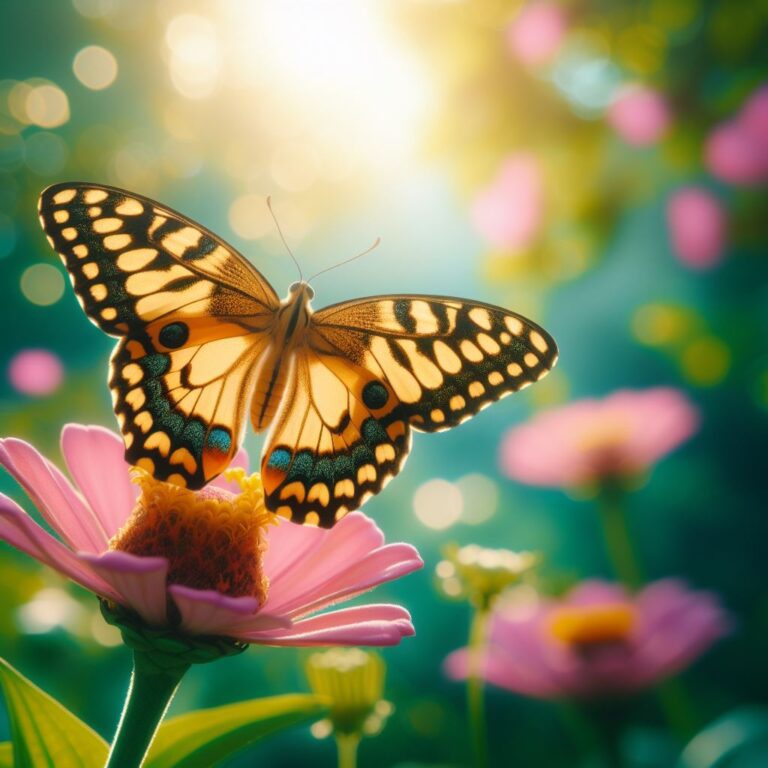The Spiritual Meaning of Crows and Ravens
Have you ever noticed a glossy black bird perched on a power line as you drive down the road? Perhaps one recently landed on your porch or patio, catching your attention. If so, chances are it was a crow or raven. These remarkable birds have an interesting symbolic significance across cultures and beliefs. Learning a bit more can help you interpret any special meaning if one happens to cross your path.
Here’s a quick interpretation:
Crows and ravens have a mystical significance in many cultures as messengers, shapeshifters, and omens interpreted both positively and negatively. They often represent transformation, destiny, wisdom from beyond the physical world, and the need to embrace more awareness or one’s intuitive gifts during significant life changes when they cross your path.

Key Differences Between Crows and Ravens
Before diving deeper, it’s helpful to understand how to distinguish crows from ravens since they belong to the same family. Here are a few key ways to tell them apart:
| Crows | Ravens |
|---|---|
| Smaller in size | Larger in size |
| Weigh around 1-2 pounds | Weigh around 3-5 pounds |
| Shorter and fan-shaped tail | Longer and wedge-shaped tail |
| Travel in flocks | Travel in pairs |
| “Caw caw” vocal sound | Deep “croak” vocal sound |
So in a nutshell, ravens are bigger and prefer to stick with their mate. Crows move together in numbers and make classic “caw caw” noises.
Symbolic Meaning in Mythology and Culture
Both crows and ravens play a revered role in mythology and culture with a range of representations. Here’s an overview:
Native American Beliefs
- Seen as the carrier of messages between worlds
- Associated with magic and trickery
- Symbol of clairvoyance and foretelling the future
Celtic Mythology
- Linked to death and war due to feeding on slain warriors
- The Celtic war goddess Morrighan shapeshifts into a crow or raven
- Can represent bad luck or doom
Greek and Roman Mythology
- Sacred to Apollo who often appears with a crow or raven
- Thought to be symbols of prophecy due to their intelligence
- Believed to be messengers of the gods
Christianity
- Represents divine providence since they did not board Noah’s Ark but God provided for them
- Later seen as ominous and associated with evil
Norse Mythology
- Associated with Odin, the god of war and death who had two raven companions
- Viewed as extremely wise and all-knowing with magical abilities
Interpreting Symbolic Meaning in Your Life
If a crow or raven happens to catch your eye in waking life, how might you reflect on its deeper meaning? Here are some ideas on connecting it to your personal journey:
Assess What First Comes to Mind
Your initial gut reaction can provide insight. Does the sight of one of these jet black birds stir up fear, intrigue, concern, or curiosity?
Consider Any Significant Life Changes
Have you recently gone through major changes like a move, job shift, or relationship transition? If so, crows/ravens could represent signs of transformation.
Reflect on Any Pressing Decisions
Do you have tough choices to make or feel stuck at a crossroads? Seeing one of these birds may be a nudge to tap into your inner wisdom for clarity.
Pay Attention to Any Messengers
Crows and ravens themselves are viewed as messengers in many cultures. What timely message might you need to hear? Is there wise council you should seek out?
Embrace Not Knowing
You may not decipher a clear meaning. But possibilities are still there if you remain open and observant.
Remember Your Connectedness
We share this world with fascinating creatures, big and small, who interact with us in mysterious ways. Seeing them reminds us of our interconnection.
So if a glossy feathered messenger happens to visit you, avoid hasty assumptions. Instead lean into curiosity about its potential significance. In time, deeper understanding may come, even if the initial meaning remains an enigma.
Stay observant for magical moments of insight and connection when our animal friends cross our paths!
FAQ
1. What is the key difference between crows and ravens?
The main differences are that ravens tend to be larger in size, travel in mated pairs rather than flocks, have wedge-shaped tails, and make a deep croaking sound compared to the classic “caw caw” of crows.
2. Do crows and ravens symbolize good or bad luck?
It depends on the cultural context. In some Native American tribes they represent magic and foresight. But in Celtic mythology they can signify doom and in Christianity they got associated with evil. Most times they have a neutral or positive meaning tied to wisdom.
3. Why do crows and ravens appear in myths and folklore so often?
As intelligent birds, crows and ravens have an air of mystery around them. Their black color also adds to the intrigue. Throughout history they’ve been viewed as messengers between worlds and revered for their seeming magical abilities.
4. What should I reflect on if a crow or raven crosses my path?
It’s a great opportunity to tune into symbolic meanings unique to your life. Assess your gut reaction, think about any major changes happening, look at pressing decisions, and consider if you need wise counsel or have been ignoring inner wisdom.
5. Do I need to be worried if I see a lot of crows/ravens around my house?
Not necessarily. While some associate them with death or misfortune, many tribes and spiritual traditions see crows and ravens as helpful messengers. If they keep appearing, it may just be a reminder to tap into your own inner guidance.






